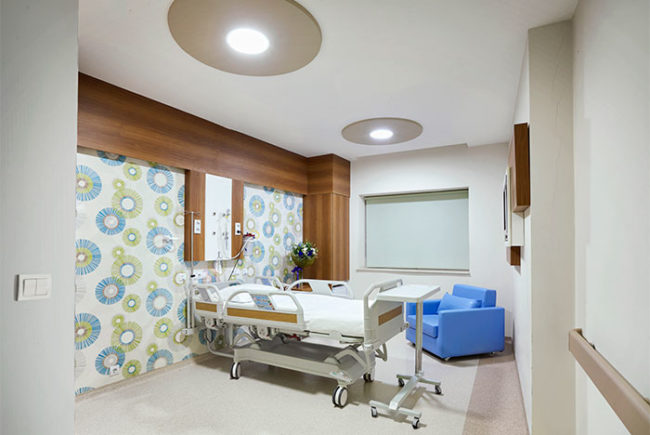The deadline is approaching quickly for the Center for Health Design’s (CHD) New Investigator Research Award. The annual competition will grant $10,000 to one recipient to support research in evidence-based health care facility design.
It’s open to graduate students and recent graduates who want to conduct original, empirical research to help improve the "understanding of the relationships between the physical environment and health-related outcomes," CHD states.
“The New Investigator Research Award is overseen by our Research Coalition and is an important program within The Center for Health Design," says Ellen Taylor, PhD, AIA, MBA, EDAC, vice president for research with CHD. "The award is a chance to encourage and support new researchers interested in the impact of building design on all kinds of health-related outcomes. With the future of health care design depending on the next generation of researchers, we are pleased that we can contribute to such an early stage of career development.”
This year, the center is looking for proposals that cover four areas:
-
Patient/resident safety, experience, satisfaction, quality of care, or health and wellness
-
Population health management within the context of the built environment, such as decentralized models that bring health care closer to home
-
Impact of technology on design and how it can improve care
-
Innovative tools, techniques and approaches to support design research
All submissions are due Sept. 19 and are reviewed by CHD’s Research Coalition. Last year, the coalition selected Lorissa MacAllister, Ph.D., BSW, AIA, NCARB, LEED AP, EDAC, as its New Investigator Research Award recipient for her proposal “Improving Patient Satisfaction and Experience through Supportive Design.” MacAllister is the founder of Enviah, a consulting and research firm, and a Samueli Institute senior research fellow.
MacAllister’s new research under CHD’s supervision builds on her previous dissertation in which she found that design factors such as layout of inpatient rooms and nursing floors predicts patients' perceptions of physicians and nurses, which are important factors in patient-centered care as they can influence health care reimbursements.
MacAllister is working with Dr. Cláudia Campos Andrade, health psychologist, ISCTE-IUL, Lisbon University Institute; Dr. Ann Sloan Devlin, professor of psychology, Connecticut College; Dr. Erica Ryherd, associate professor of architectural engineering, University of Nebraska–Lincoln; and Dr. Craig Zimring, environmental psychologist and professor of architecture, Georgia Institute of Technology.
“We want to attract young researchers for three reasons: to gain fresh perspectives to health care and wellness issues; to recognize innovative, interdisciplinary and cutting edge research methods; and of course, to foster the growth of lifelong researchers,” says Saif Haq, S.M.Arch, Ph.D, co-chair of CHD’s Research Coalition.
Visit CHD's website for more information.




